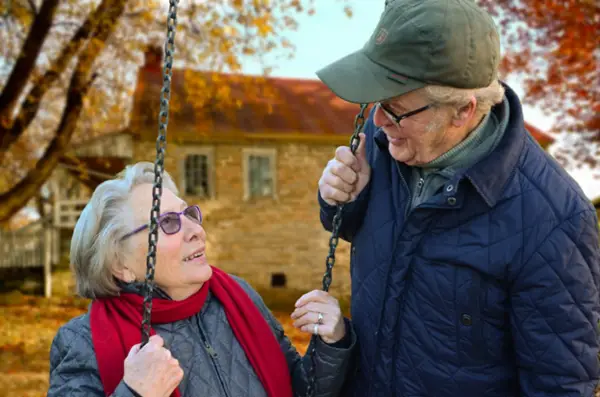
Best Ways to Care for Your Elderly Loved One
Caring for an elderly loved one is an important responsibility that sometimes feels overwhelming. However, with the right approach, it can also be a fulfilling experience that strengthens relationships and creates cherished memories. You should also include their physical and mental health, their daily routine and preferences, and your availability and resources when choosing the best ways to care for your elderly loved one.
By being proactive and willing to adapt as elderly loved one needs change, you can provide your loved one with the support and care they need to thrive in their golden years. This blog post will outline some best practices for caregivers when looking after an elderly loved one.
Be Prepared for Emergencies
It is essential to have a plan for handling emergencies, as elderly individuals are more prone to accidents and medical problems. Make sure you research and find an emergency clinic near me and are familiar with the emergency procedures. You should also keep an updated list of phone numbers handy such as your doctor, local hospital, and emergency contacts.
The American Red Cross also offers a free online First Aid and CPR course to become more familiar with responding to medical emergencies. A medical first aid kit can come in handy in case of minor injuries or illnesses. However, it is crucial to keep it updated, including extra medications.
Establish a Meal Plan and Exercise Routine
Nutrition is essential to healthy aging; regular exercise can help maintain strength, balance, and coordination. It is therefore crucial to establish a meal plan, including fruits and whole grains, for optimal nutrition. Additionally, regular exercise should be tailored to their needs and abilities, such as stretching exercises or light walking. Get them to join you in a fun activity such as gardening or swimming to keep them motivated and having fun.
Make Safety a Priority
Falls are a common and dangerous occurrence in the elderly population. Ensure your loved one’s home is set up to prevent falls by removing any tripping hazards and installing grab bars near toilets, showers, and stairs. You should also check for loose carpets or rugs that could be easily tripped over.
It would be best to look into getting a medical alert device that your elderly family member can wear in an emergency for added safety and peace of mind. You should also review the medications and dosages regularly to ensure they take them correctly and that any side effects or interactions between drugs are being monitored.
Stay Connected
Loneliness can become an issue with age as friends and family members pass away or move away. Ensure your elderly loved one has social outlets such as attending church or joining a senior center. Find lifestyle activities that you can do together, like going for a walk or doing puzzles. Regularly communicating with their doctor and other healthcare professionals will ensure they get the necessary care and support.
Some of the best ways to stay connected with your loved one include making regular visits and phone calls, sending cards and letters, or setting up video chats on Skype or FaceTime. Showing that you care and are available to support them is key in fostering positive relationships even when apart.
Schedule Regular Checkups
It becomes increasingly important to ensure your loved ones' health is monitored and any potential issues are addressed in a timely manner as they age. Scheduling regular checkups with a primary care physician or specialist can provide peace of mind and help identify any health concerns before they become serious.
Regular checkups should include physical and cognitive function evaluations and screenings for common age-related conditions such as hypertension, diabetes, hearing loss, and vision problems. Ensure that your elderly loved one is getting any recommended vaccines or taking their prescribed medications as directed by the doctor. This will ensure optimal health and well-being for them during their later years. Regular checkups also allow for discussions about lifestyle factors that can improve overall health and quality of life.
Encourage Independence and Healthy Habits
You might be tempted to do everything for your loved one; however, it is crucial to encourage them to take on small tasks that can help them maintain their independence. This could include simple activities like making meals, laundry, or grocery shopping. Assisting when needed will help them stay active and engaged while keeping their mind and body healthy.
Encouraging healthy habits such as regular exercise, eating nutritious meals, and good hygiene, like brushing their teeth twice daily, is crucial. These routines are essential for overall health and can help them stay active and alert longer into their later years.
Caregiving for older people can be a rewarding experience; however, it comes with challenges. Following the tips outlined above, you can ensure your elderly loved one is safe, healthy, and happy during their golden years. As they age gracefully, take time to celebrate every milestone and cherish all of the special moments together.